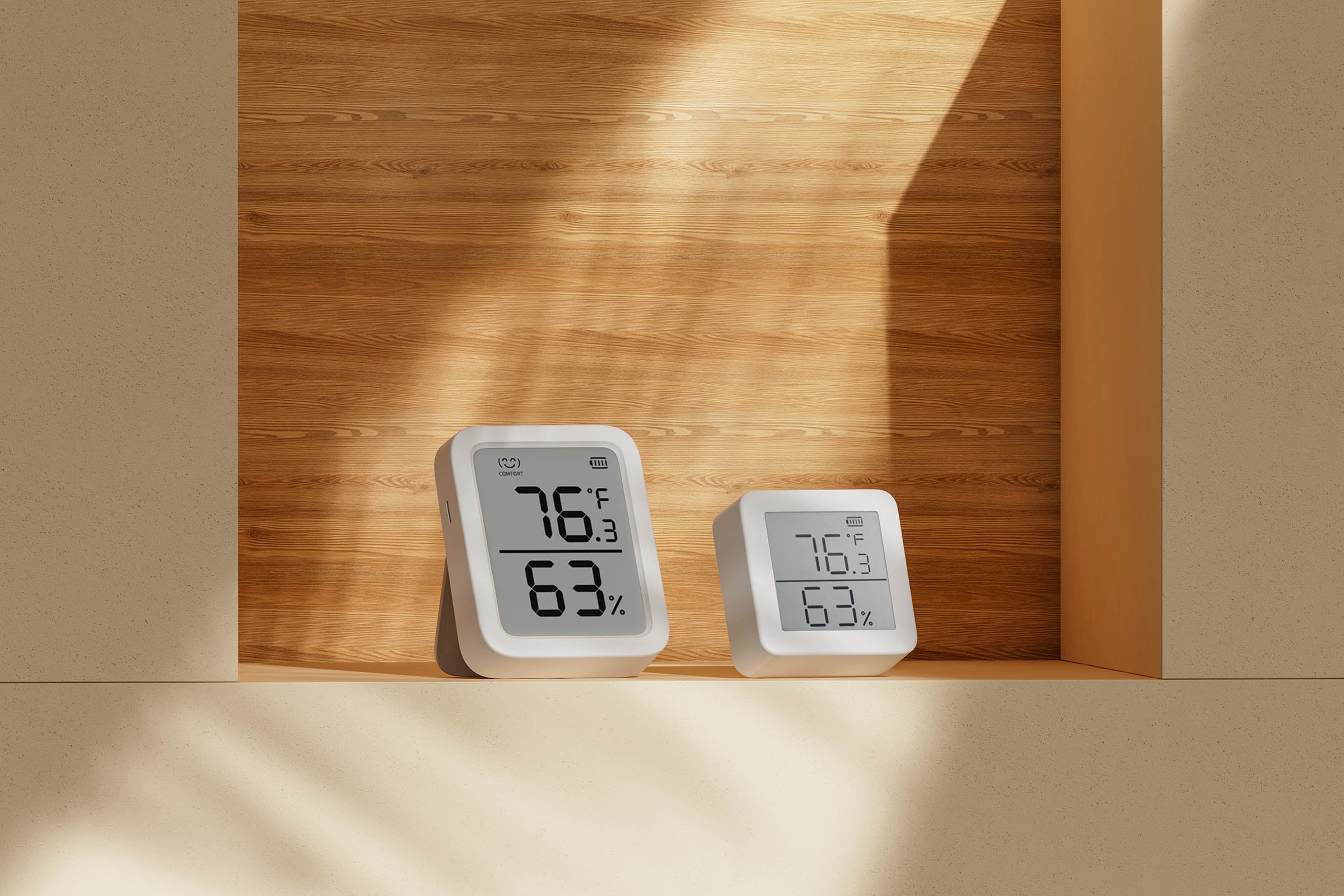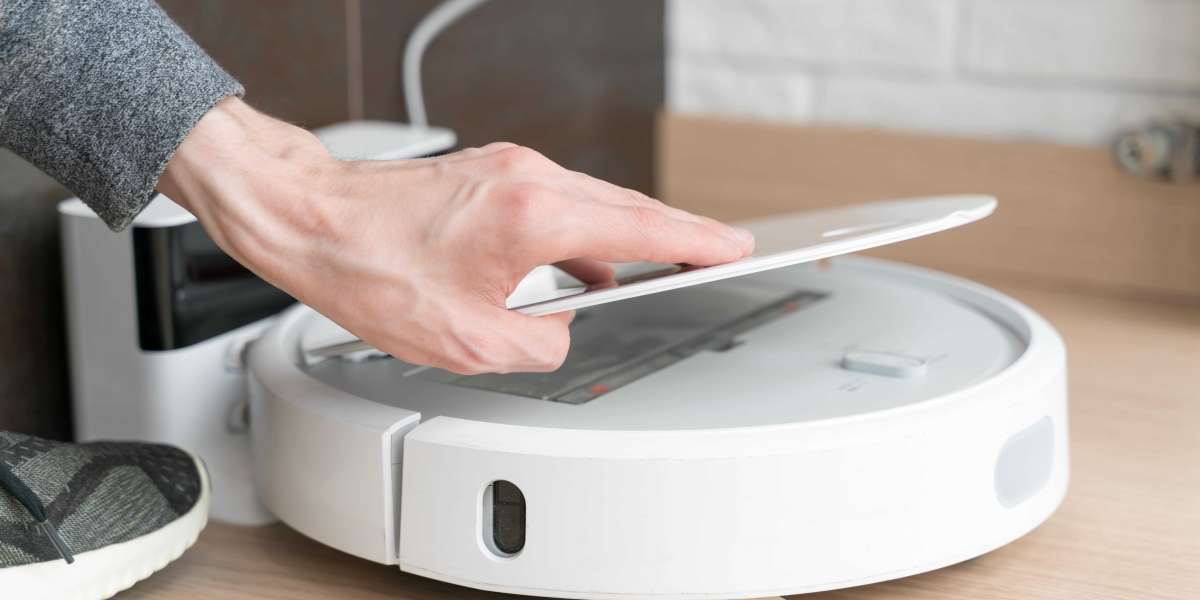Indoor thermometers are often overlooked in the workplace, but they can play a crucial role in improving the health and productivity of employees. By monitoring and maintaining optimal indoor temperatures, indoor thermometers can create a more comfortable and conducive working environment. Let's explore the various ways in which indoor thermometers can make a significant impact on workplace well-being and efficiency.

The Impact of Indoor Thermometers on Employee Health
Temperature control in the workplace is essential for the health and well-being of employees. Extreme temperatures, whether too hot or too cold, can lead to discomfort, fatigue, and even health issues. Indoor thermometers help in maintaining a comfortable temperature range, which can prevent heat-related illnesses, such as dehydration and heat exhaustion, as well as cold-related conditions like hypothermia. By ensuring a comfortable indoor environment, indoor thermometers contribute to the overall health and wellness of employees, reducing absenteeism and improving overall productivity.
Enhancing Workplace Productivity with Indoor Thermometers
Optimal indoor temperatures have a direct impact on employee productivity. When the temperature is too high or too low, employees may find it challenging to focus on their tasks, leading to decreased productivity. By using indoor thermometers to maintain a comfortable temperature, employers can create a more conducive working environment that allows employees to concentrate and perform at their best. Studies have shown that a well-regulated indoor climate can lead to a significant improvement in productivity, making indoor thermometers a valuable tool for enhancing workplace efficiency.
Creating a Comfortable and Conducive Work Environment
Indoor thermometers not only help in maintaining the right temperature but also contribute to creating a comfortable and conducive work environment. When employees feel comfortable in their workspace, they are more likely to be satisfied with their jobs and less likely to experience stress or discomfort. This, in turn, can lead to higher morale, better teamwork, and a more positive work culture. By prioritizing the use of indoor thermometers, employers can demonstrate their commitment to providing a healthy and supportive workplace environment for their employees.
Utilizing Smart Indoor Thermometers for Advanced Monitoring
With advancements in technology, smart indoor thermometers have become available, offering advanced monitoring and control features. These smart devices can provide real-time data on indoor temperature, humidity, and air quality, allowing employers to make informed decisions about environmental adjustments. Additionally, some smart indoor thermometers can be integrated with heating, ventilation, and air conditioning (HVAC) systems, enabling automatic adjustments for optimal indoor conditions. By utilizing smart indoor thermometers, employers can take proactive measures to ensure a healthy and productive workplace environment.
In conclusion, indoor thermometers play a vital role in improving workplace health and productivity. By maintaining optimal indoor temperatures, these devices contribute to employee well-being, enhance productivity, and create a comfortable work environment. Employers should prioritize the use of indoor thermometers, especially smart devices, to ensure that their workplaces are conducive to the success and satisfaction of their employees.








